Happy Chinese New Year! May you all have a successful year of horse ahead!
Today is the 4th day of the Chinese new year and it is only appropriate to invite you to this one day workshop jointly funded by BU Fusion Investment Fund and the British Academy of Managment (BAM).
Descriptions
The rise of Asian economies in the last few decades has created unique opportunities for women to develop. Yet, compared with Western women, Asian women often find it more difficult to progress in the workplace because of inherent cultural and societal barriers. This one-day workshop adopts a cross-disciplinary perspective, looking at women’s employment and careers in five Asian societies.
When: This event will take place on 8th May, 2014.
Who should attend: Researchers and students who are interested in gender issues in Asia
Benefits of attendance
- Enhanced cross-cultural understanding
- Recent debates in women’s development in Asia with insight from leading academics in the field
- Networking opportunities with scholars and practitioners from Gender in Management SIG
Location: Bournemouth University, Business School, Executive Business Centre (Room 708), 89 Holdenhurst Road, Bournemouth, BH8 8EB
Contact: Dr Huiping Xian, Lecturer in HR/OB, Bournemouth University Business School, hxian@bournemouth.ac.uk
Booking Deadline: 30th April, 2014
Programme
| 10:00-10:30 | Welcome and coffee |
| 10:30-11:15 | Gender Equality in India: Constitutional Challenges and Contesting DiscoursesProfessor Ratna Kapur, Jindal Global Law School, India |
| 11:15-12:00 | Women Managers’ Careers in China: Theorizing the Influence of Gender and CollectivismProfessor Carol Woodhams, University of Exeter, UK
Dr Huiping Xian, Bournemouth University, UK Dr Ben Lupton, Manchester Metropolitan University, UK |
| 12:00-13:00 | Lunch |
| 13:00-13:45 | Contextual Emotional Labour: An Exploratory Study of Muslim Female Employees in PakistanDr Jawad Syed, Kent Business School, University of Kent, Kent, UK
Dr Faiza Ali, Kent Business School, University of Kent, Kent, UK |
| 13:45-14:30 | Does Nationality Impact Identification with Prevalent Models of Career Success?: The Case of A Global Bank.Dr Savita Kumra, Brunel University, UK |
| 14:30-14:45 | Tea and Coffee |
| 14:45-15:30 | An Investigation of the Determinants on Women’s Career Advancement in China: A Large Sample Analysis of Chinese Listed CompaniesDr Li Cunningham, Cass Business School, City University, UK
Dr Xiancheng Shi, School of Economics, Nanjing University, China |
| 15:30-16:00 | Plenary Discussion |
| 16:00 | Close |
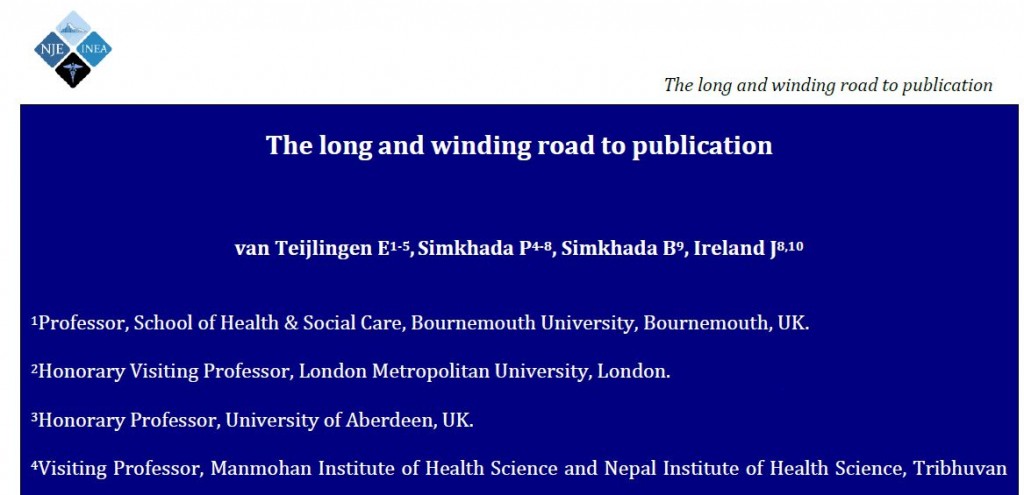
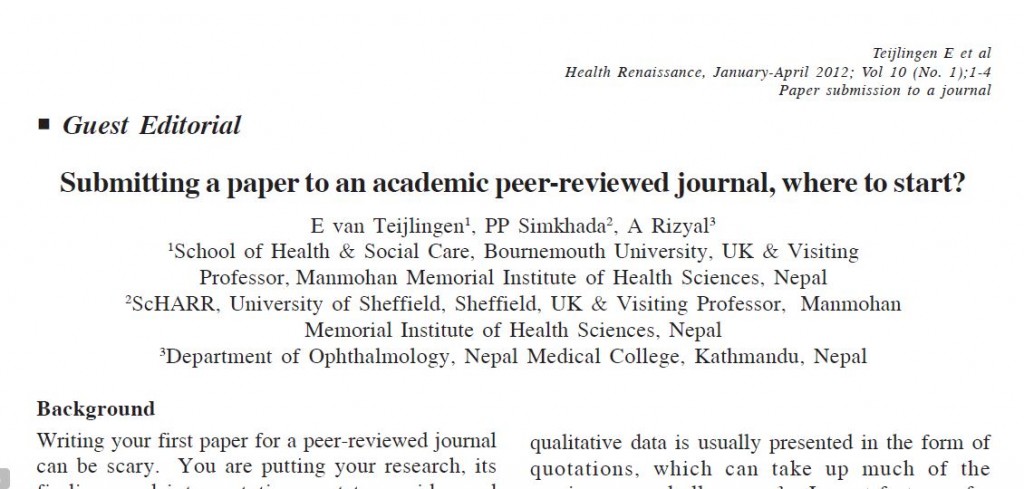
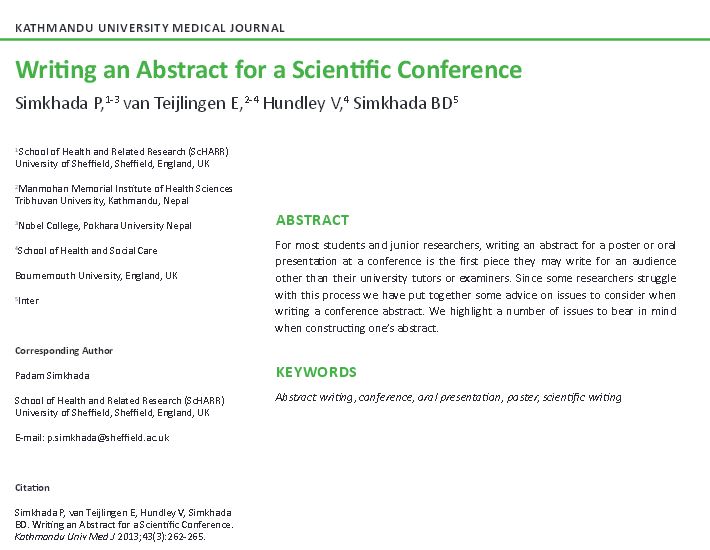

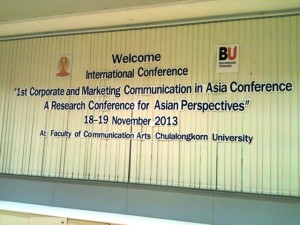

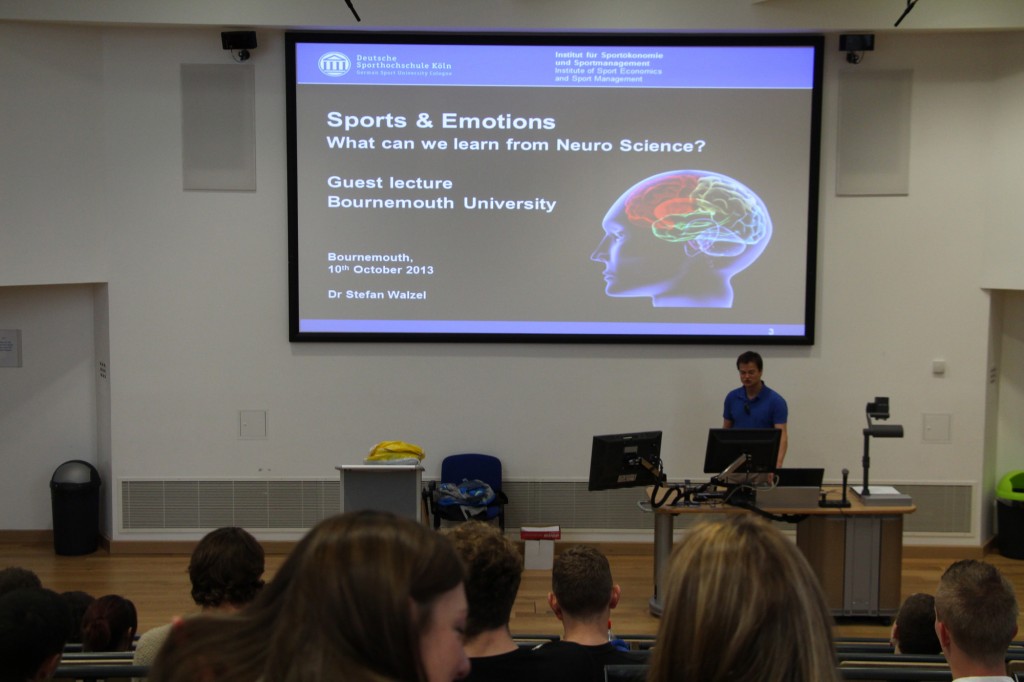






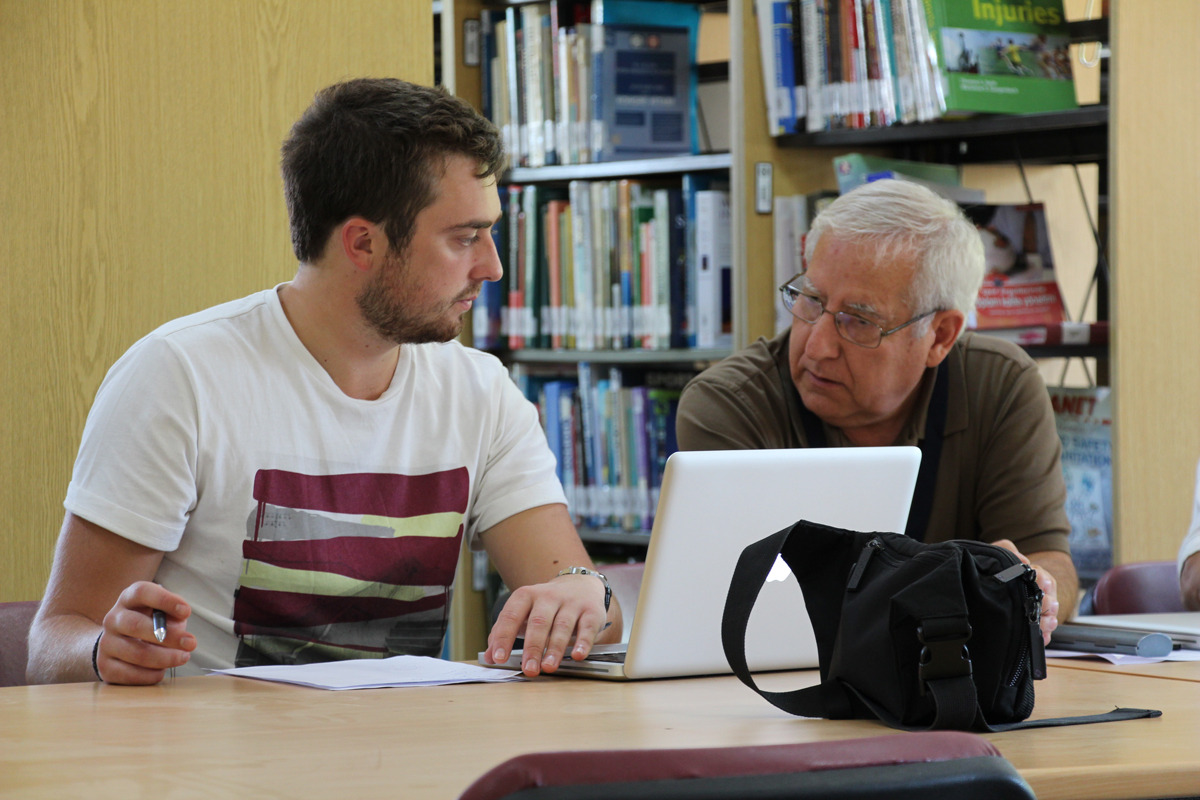
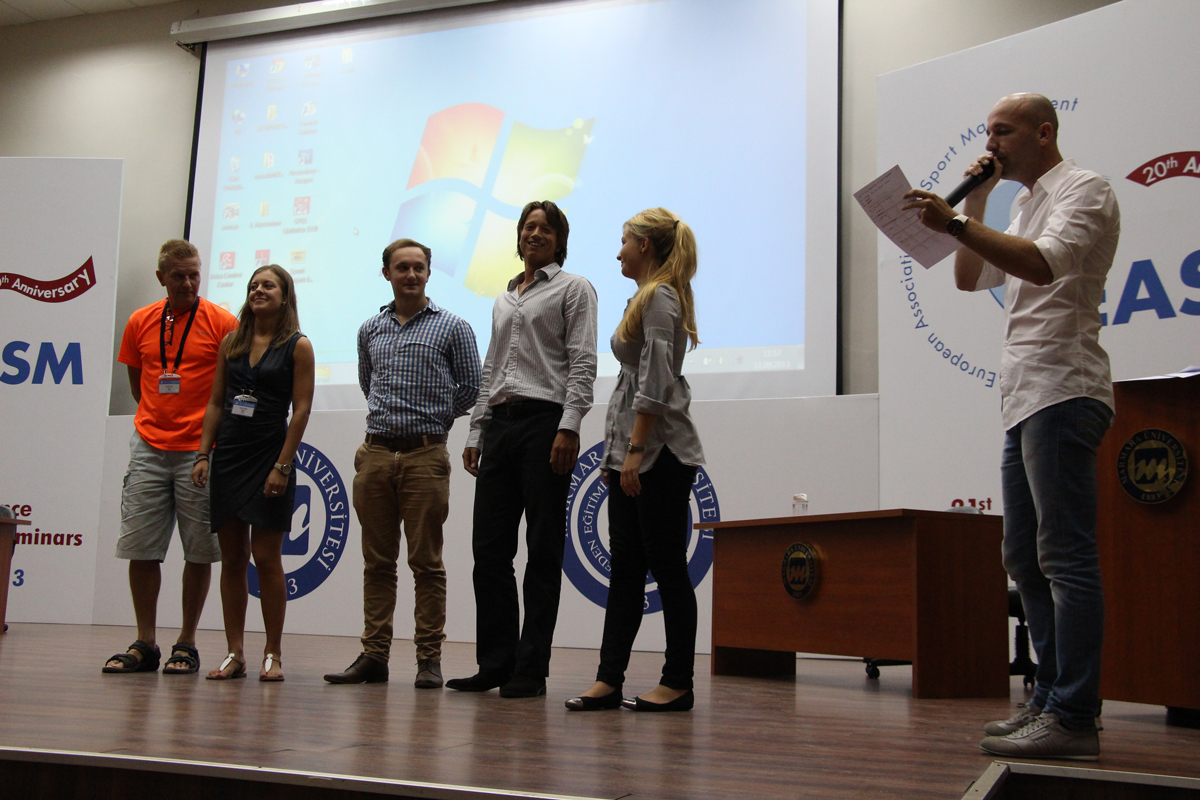

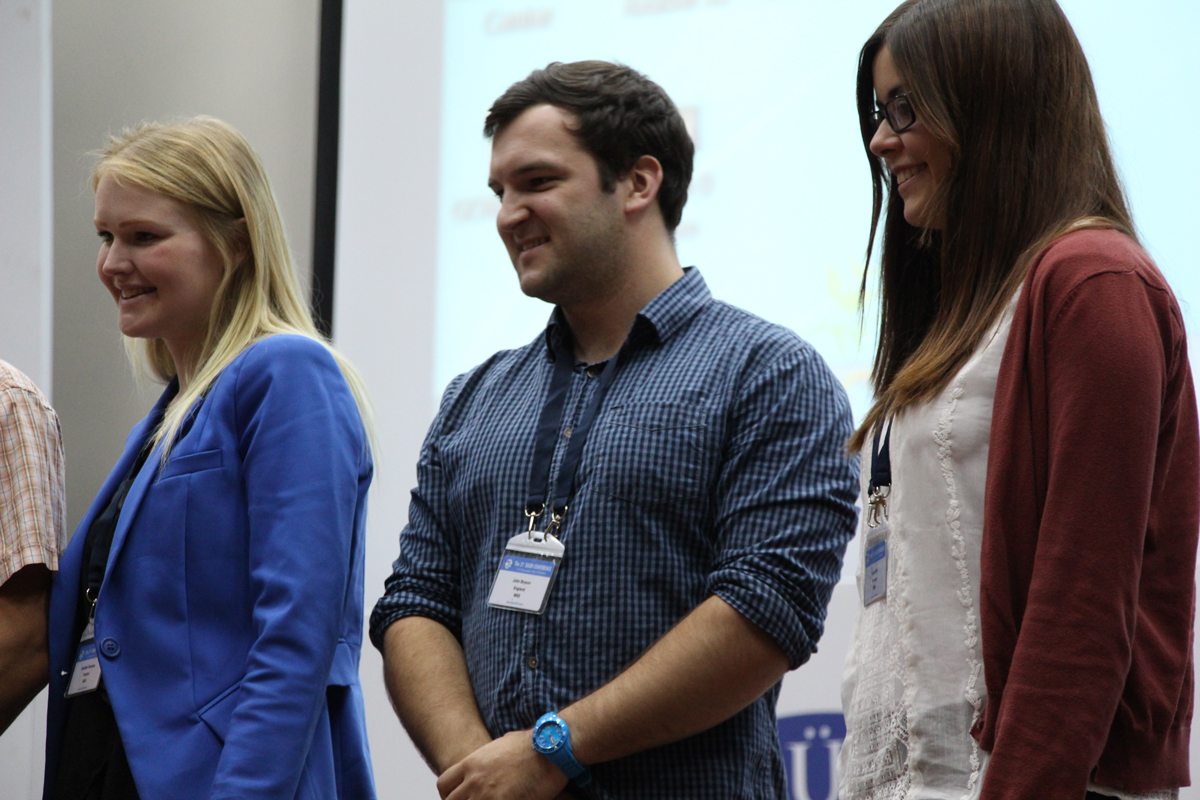
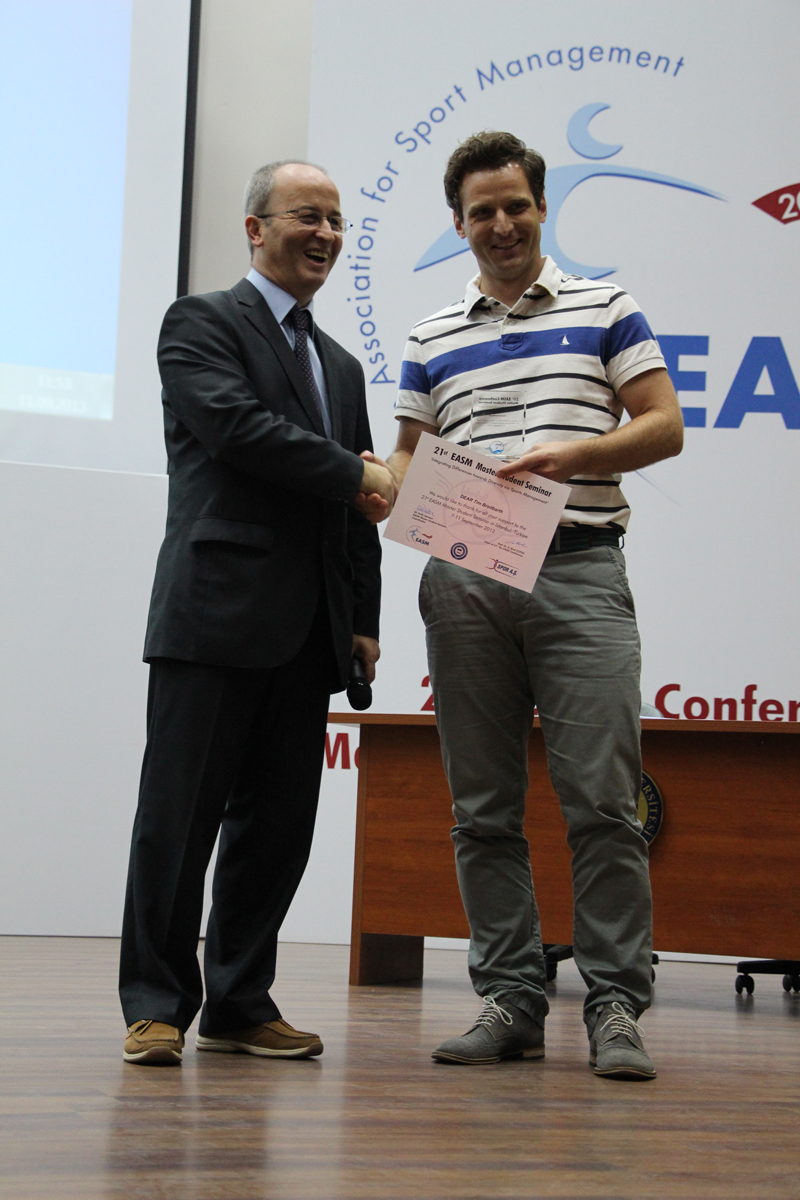


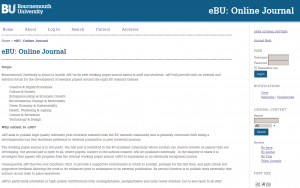













 Seeing the fruits of your labour in Bangladesh
Seeing the fruits of your labour in Bangladesh Exploring Embodied Research: Body Map Storytelling Workshop & Research Seminar
Exploring Embodied Research: Body Map Storytelling Workshop & Research Seminar Marking a Milestone: The Swash Channel Wreck Book Launch
Marking a Milestone: The Swash Channel Wreck Book Launch No access to BRIAN 5-6th February
No access to BRIAN 5-6th February ECR Funding Open Call: Research Culture & Community Grant – Application Deadline Friday 12 December
ECR Funding Open Call: Research Culture & Community Grant – Application Deadline Friday 12 December MSCA Postdoctoral Fellowships 2025 Call
MSCA Postdoctoral Fellowships 2025 Call ERC Advanced Grant 2025 Webinar
ERC Advanced Grant 2025 Webinar Update on UKRO services
Update on UKRO services European research project exploring use of ‘virtual twins’ to better manage metabolic associated fatty liver disease
European research project exploring use of ‘virtual twins’ to better manage metabolic associated fatty liver disease